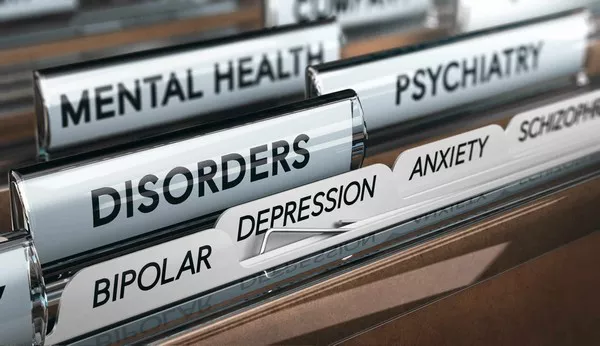A recent study published in the Journal of the American Academy of Child and Adolescent Psychiatry (JAACAP) by Elsevier underscores the critical role that feedback plays in enhancing the effectiveness of youth mental health services. The research reveals that providing clinicians with regular feedback from youth and their families, combined with leadership coaching to support the effective use of this feedback, can significantly improve treatment outcomes. This focus on feedback is especially urgent given the alarming treatment failure rates—up to 50%—in youth mental health services.
Numerous clinical trials have demonstrated that mental health services yield better results when clinicians receive frequent feedback—ideally on a weekly basis—regarding how patients respond to treatment. This feedback is typically derived from standardized symptom rating scales. Despite the compelling evidence, many clinicians still do not utilize treatment feedback measures with young clients. Even when policymakers mandate the use of such measures, compliance remains low, with clinicians often neglecting to review or implement the feedback provided.
To address this research-to-practice gap, a collaborative team from Boise State University, the University of California San Diego, the University of Pennsylvania, and the University of Central Florida developed an implementation strategy aimed at training leaders within mental health clinics. This approach seeks to cultivate an organizational climate that encourages the use of treatment feedback.
Funded by the U.S. National Institute of Mental Health, the research team enrolled 21 community mental health clinics across Idaho, Oregon, and Nevada that provide psychotherapy to youth. Clinicians at these clinics received training and technical support to utilize an empirically supported, web-based treatment feedback system. The clinics were randomly divided into two groups: one group received specialized training and coaching for their leaders, while the other group served as a control.
The results of the trial were promising:
Clinicians’ administration of feedback measures increased by 3.5 times.
The viewing of these measures by clinicians improved 6.9 times.
There was nearly a 2-fold increase in the percentage of youth who experienced meaningful improvement in their mental health symptoms.
These findings highlight the importance of integrating feedback mechanisms into youth mental health care. By creating an environment where clinicians are supported in utilizing treatment feedback, mental health services can better meet the needs of young clients and their families. The study emphasizes that improving treatment feedback usage is a priority for policymakers, funders, researchers, clinicians, and family advocates alike.
The collaborative effort to enhance youth mental health services through effective feedback mechanisms represents a significant step forward in addressing the high rates of treatment failure. By fostering an organizational climate that values and utilizes feedback, mental health clinics can substantially improve the therapeutic outcomes for youth. This research not only contributes to the existing body of knowledge on mental health care but also sets the stage for future initiatives aimed at optimizing treatment strategies for young individuals in need of support.
You Might Be Interested In:
-
Disturbed Sleep Tops List of Complaints Received on Mental Health Helpline
-
Maternal Serum Folate Levels During Pregnancy Linked to Congenital Heart Disease Risk

